
‘The military events had varying outcomes, but in a series of battles that tended to favour the Ottomans, the victory at Szabács was of great significance, which was further enhanced by subsequent developments. The siege of the castle also foreshadowed the change in military tactics that would become common throughout Europe in the following decades.’

‘The issue of language doesn’t end with the culture war, it’s relevant across every level of issues and ideological questions.’

‘While the saint who gave the mid-December celebration its name is known for her kindness and benevolence, in folklore the day is nevertheless more closely associated with evil—and with its female agents: witches.’
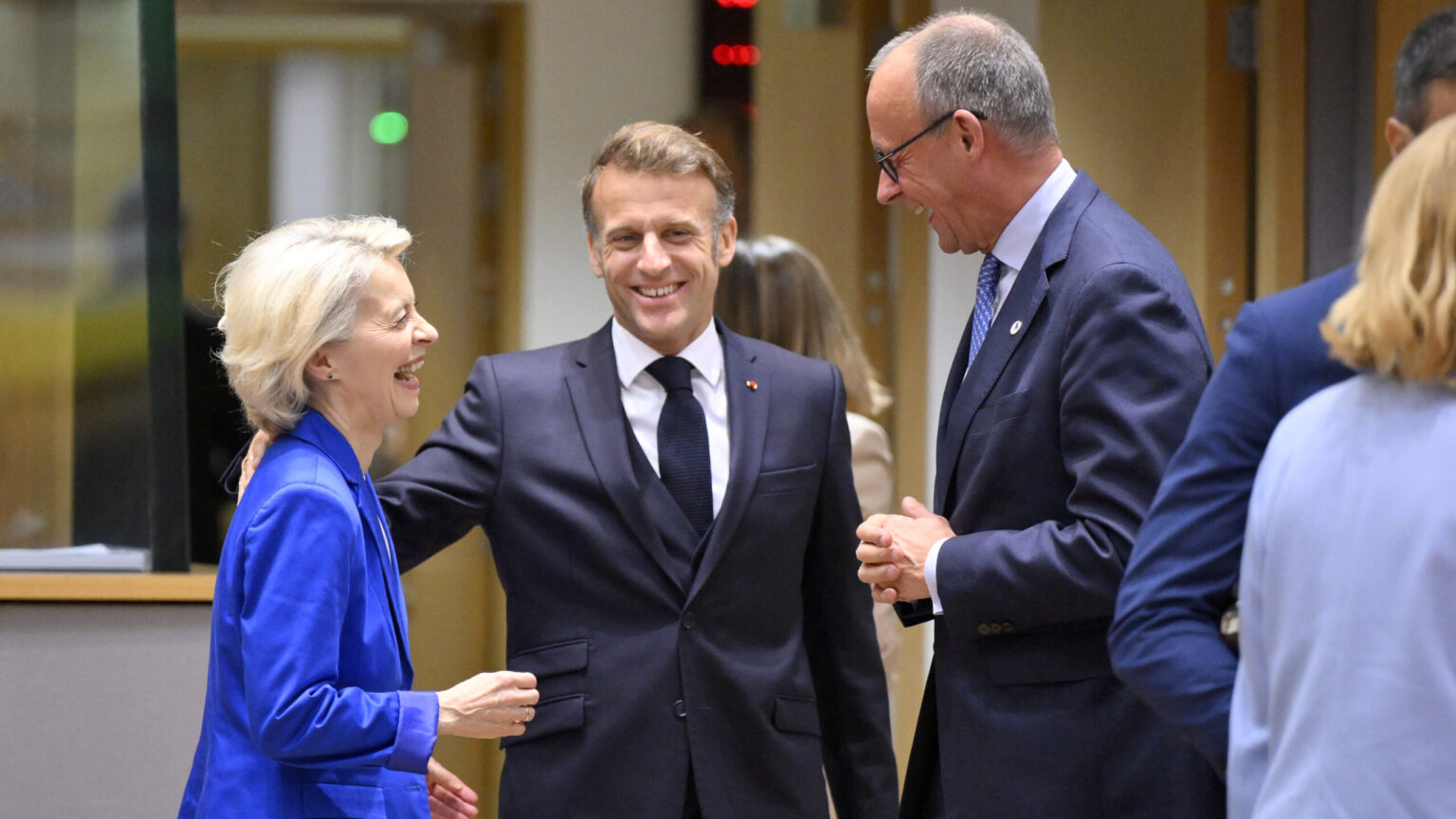
Ursula von der Leyen claims only voters decide a nation’s leaders—yet recent EU actions tell a very different story. From Romania’s annulled election to Germany’s institutional crackdown on AfD and France’s judicial assault on Marine Le Pen, the Union shows an increasingly authoritarian instinct that undermines democratic choice.

Hungary has already broken its 2024 tourism record, welcoming over 18.2 million guests by 2 December. With balanced domestic and international visitor numbers, Budapest and Lake Balaton remain top destinations, and strong holiday-season bookings point to another successful year ahead, Visit Hungary has shared.
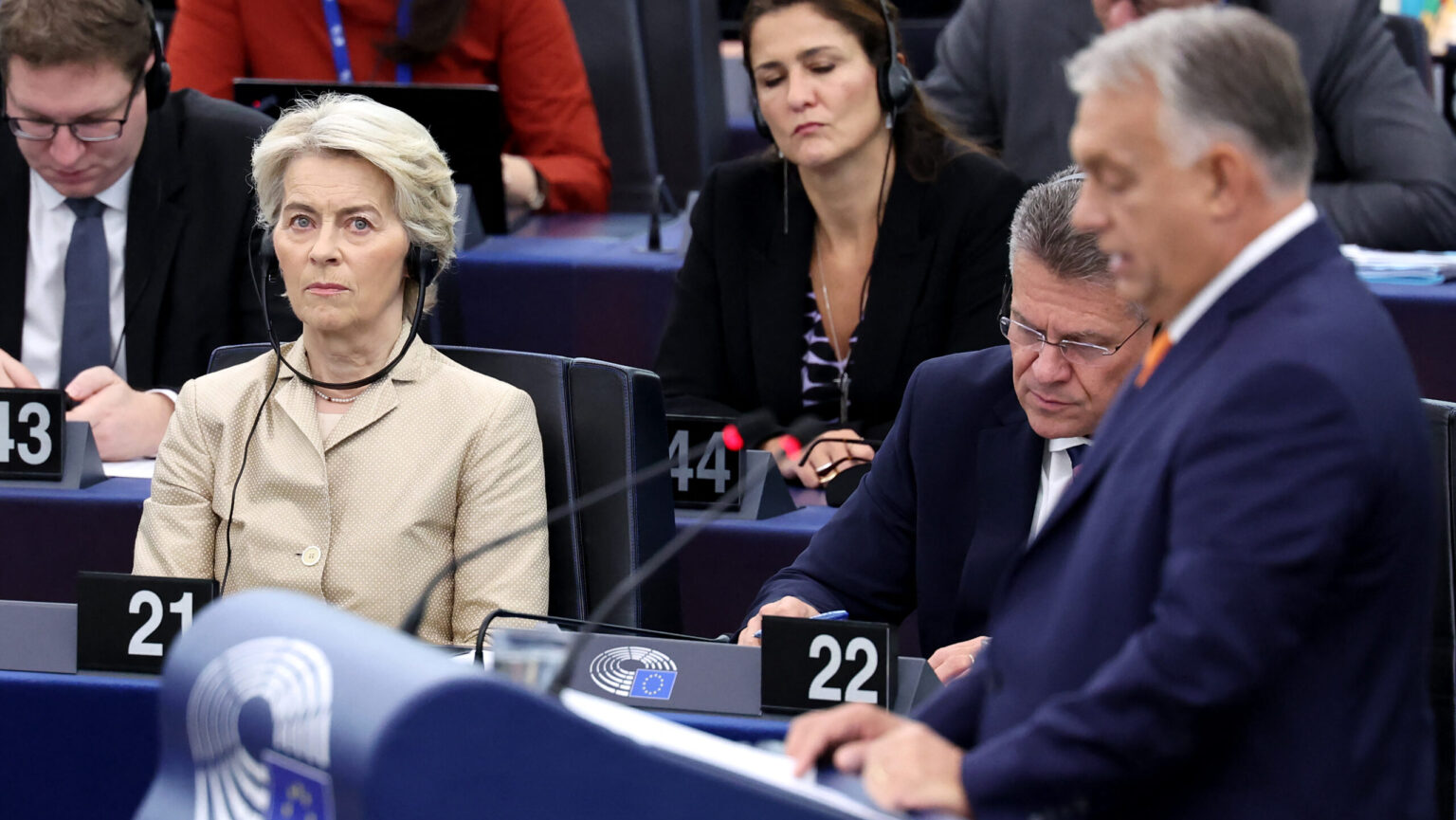
Hungarian Prime Minister Viktor Orbán accused Brussels of ‘systematically raping European law’ after the Commission triggered an emergency clause to indefinitely freeze Russian assets—bypassing unanimity and clearing the way ahead of its controversial Ukraine reparations loan.

With 21 out of the 40 Republican State Senators joining the ten Democrats, a new congressional map for the state of Indiana that would have presumably given two more seats to the GOP has been rejected by the Indiana General Assembly. This is a major setback for President Trump’s party, in a midterm election that is shaping up to be a lot closer than it was during his first term.
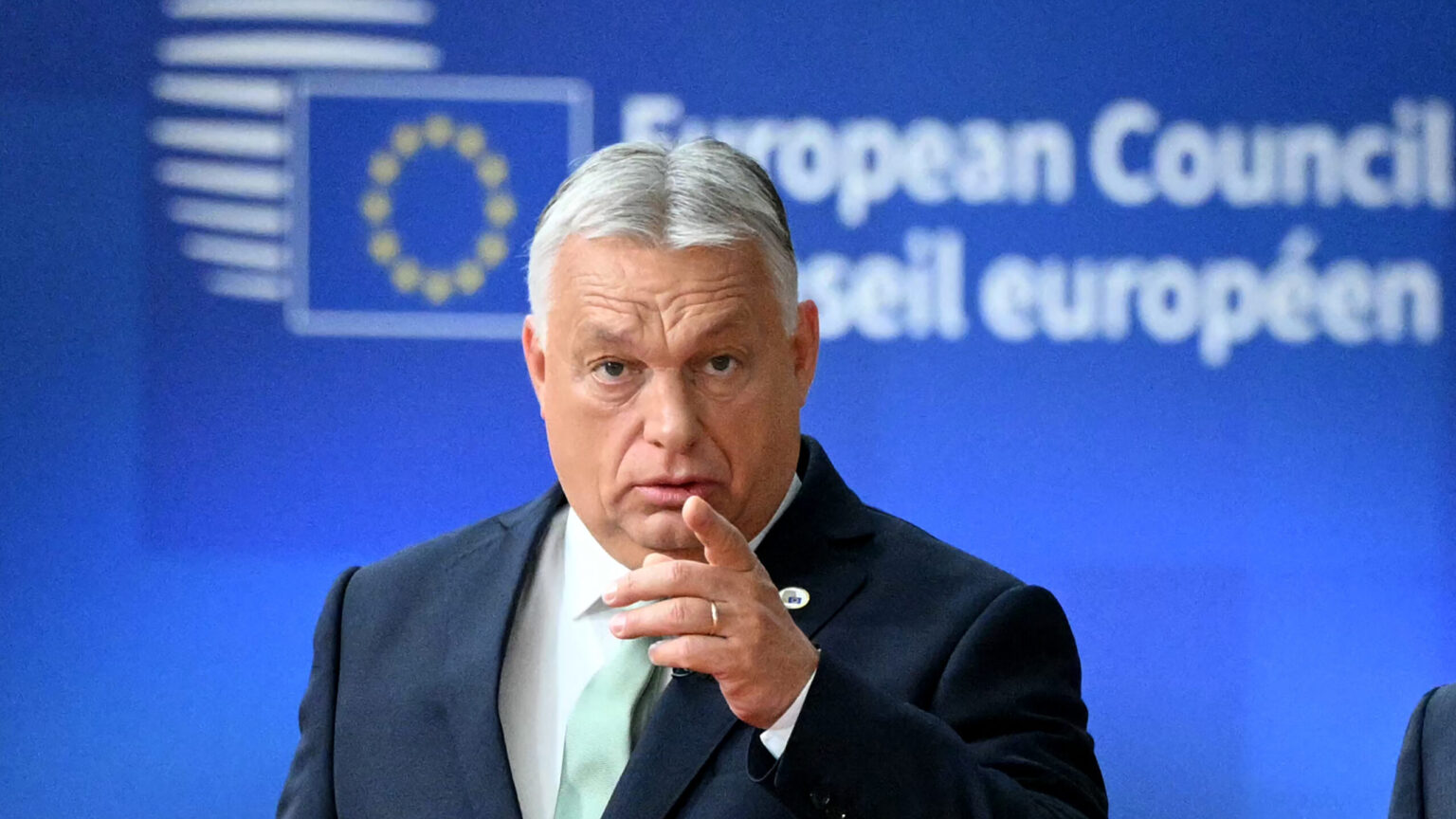
Western media spent the week circulating baseless claims about Hungary, from a fake ‘longer’ US security strategy urging EU exit to Bloomberg’s allegation that Viktor Orbán plans to replace parliamentary democracy. The narratives appear designed to damage the government ahead of 2026.
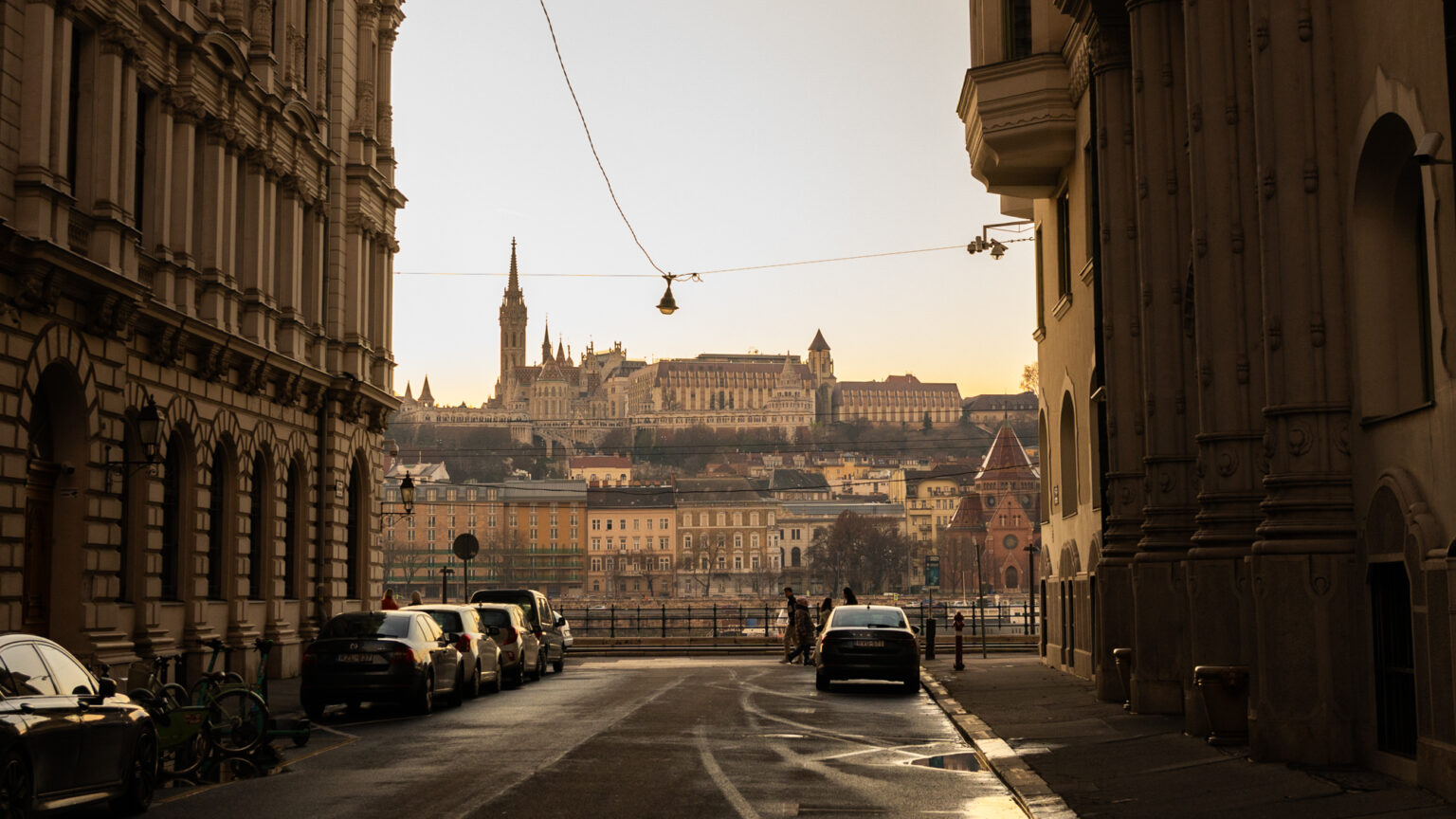
‘For the Budapest-centric circles I move in, the strategy paper consists mainly of familiar assumptions and positions.’
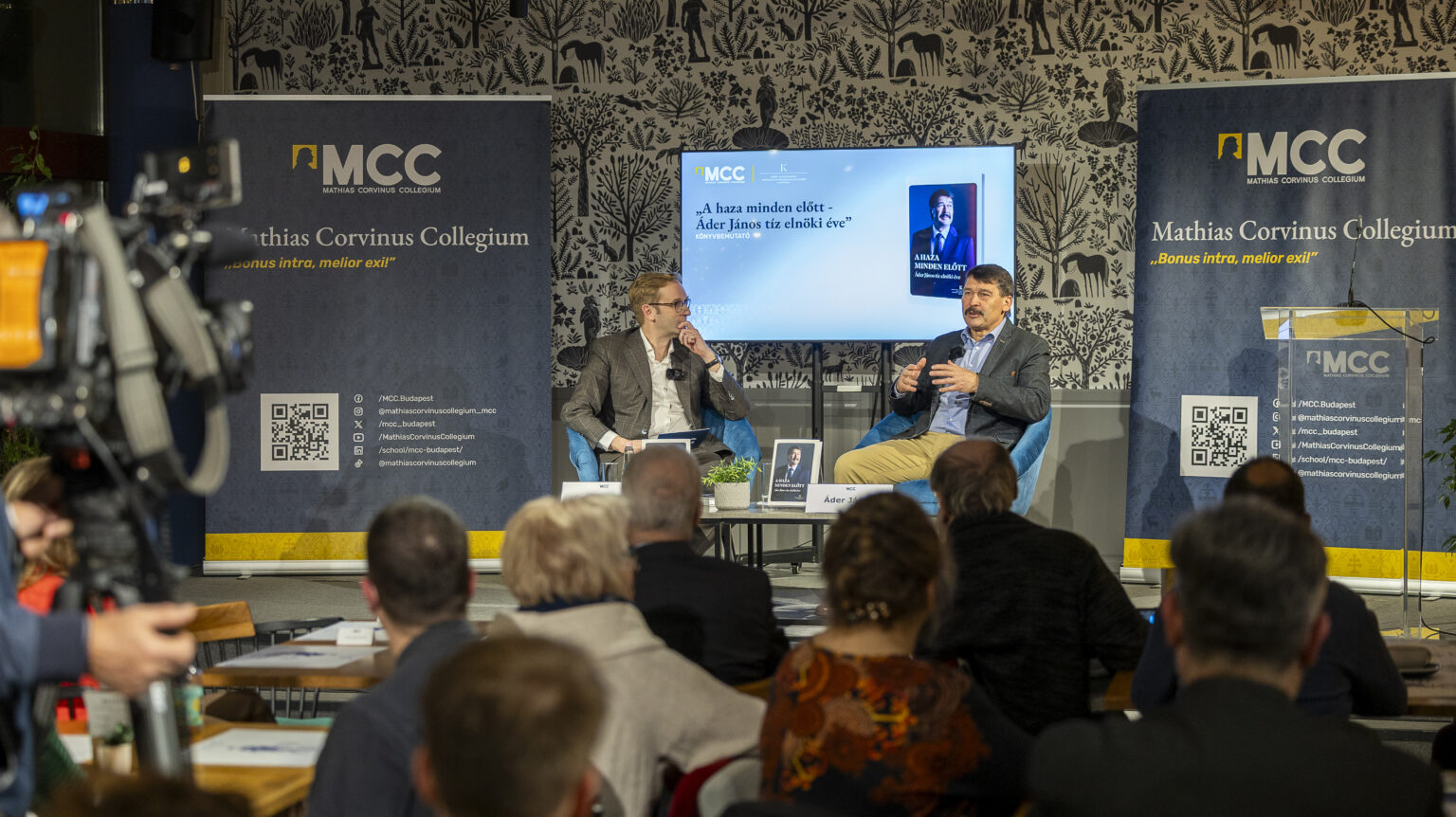
At a joint event organized by MCC and Mandiner, Former President of Hungary János Áder introduced his new book summarizing a decade in office through interviews that revisit constitutional dilemmas, national commemorations and private memories—from the Auschwitz memorial to the Trianon centenary speech and encounters with Hungarian communities abroad.

‘Takaichi stood in front of applauding ministers when she announced her plans to allow workers to work up to 100 overtime hours a month.’

Ferencváros came back against the Scottish side Rangers, beating them 2–1 at home. With that victory, not only did they keep their unbeaten record in the Europa League campaign, but they also secured their spot in the knock-out stage of the competition next spring.

Viktor Orbán praised Donald Trump’s new National Security Strategy as ‘the most important and interesting’ document of recent years, saying it finally recognizes the civilizational crisis Europe faces. The Hungarian prime minister wrote that America now sees the decline Hungary has been fighting against for 15 years.

In an open letter to EU Commission President Ursula von der Leyen, Prime Minister Robert Fico of Slovakia has called on the EU to abandon the dogmatic approach to climate policy and chase the net zero agenda for the sake of the struggling European industry, especially the automotive sector. The letter was co-signed by five other PMs, including Viktor Orbán of Hungary and Giorgia Meloni of Italy.
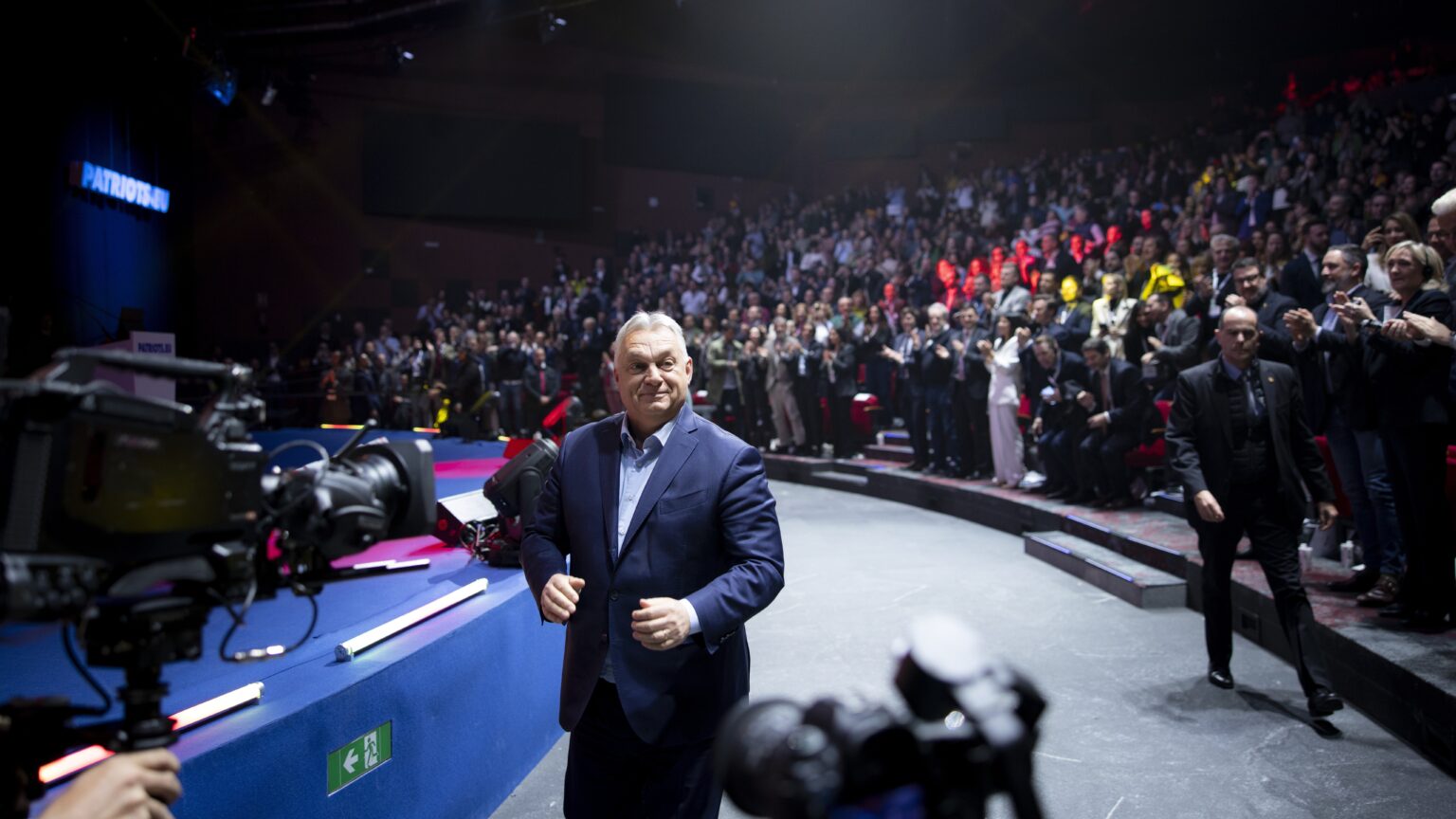
Prime Minister Viktor Orbán of Hungary has been included in POLITICO 28 again this year, the annual list of the most influential European figures by the political site. PM Orbán is ranked at #12, although his write-up is the most complimentary by the editors. US President Donald Trump has been ranked #1 on the list.
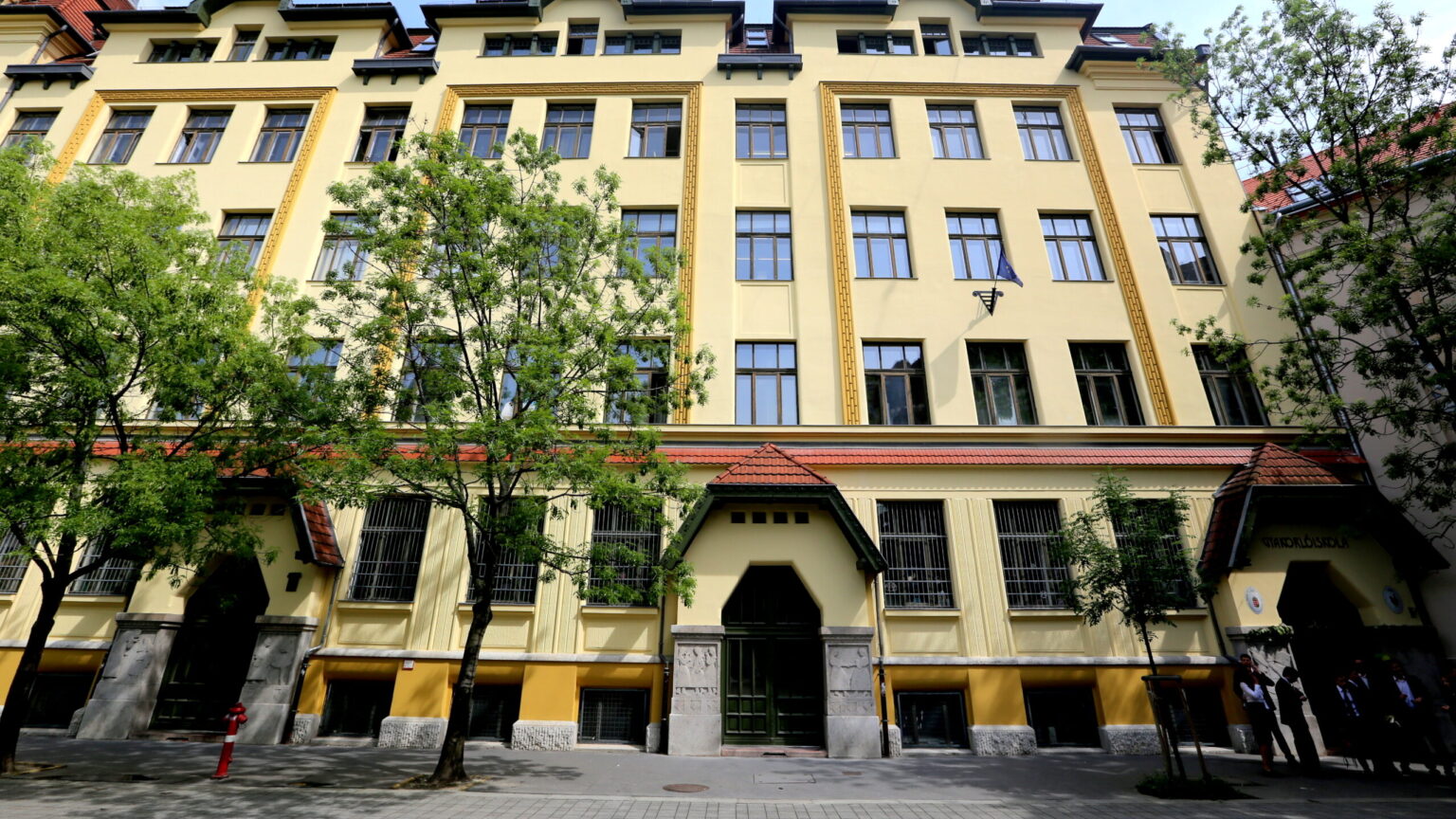
The 2026 National Secondary School Ranking—compiled by Mathias Corvinus Collegium and the Education Office—has been released, assessing more than 400 institutions nationwide. This year’s expanded edition introduces new indicators, including a pedagogical value-added index and a school health and sports ranking.

A major new survey shows Europeans overwhelmingly agree with Donald Trump’s claim that their leaders are ‘weak’, with voters in Germany, France and the UK rating the US president as far stronger and more decisive than their own heads of government—undercutting Brussels’ furious response to Trump’s remarks.
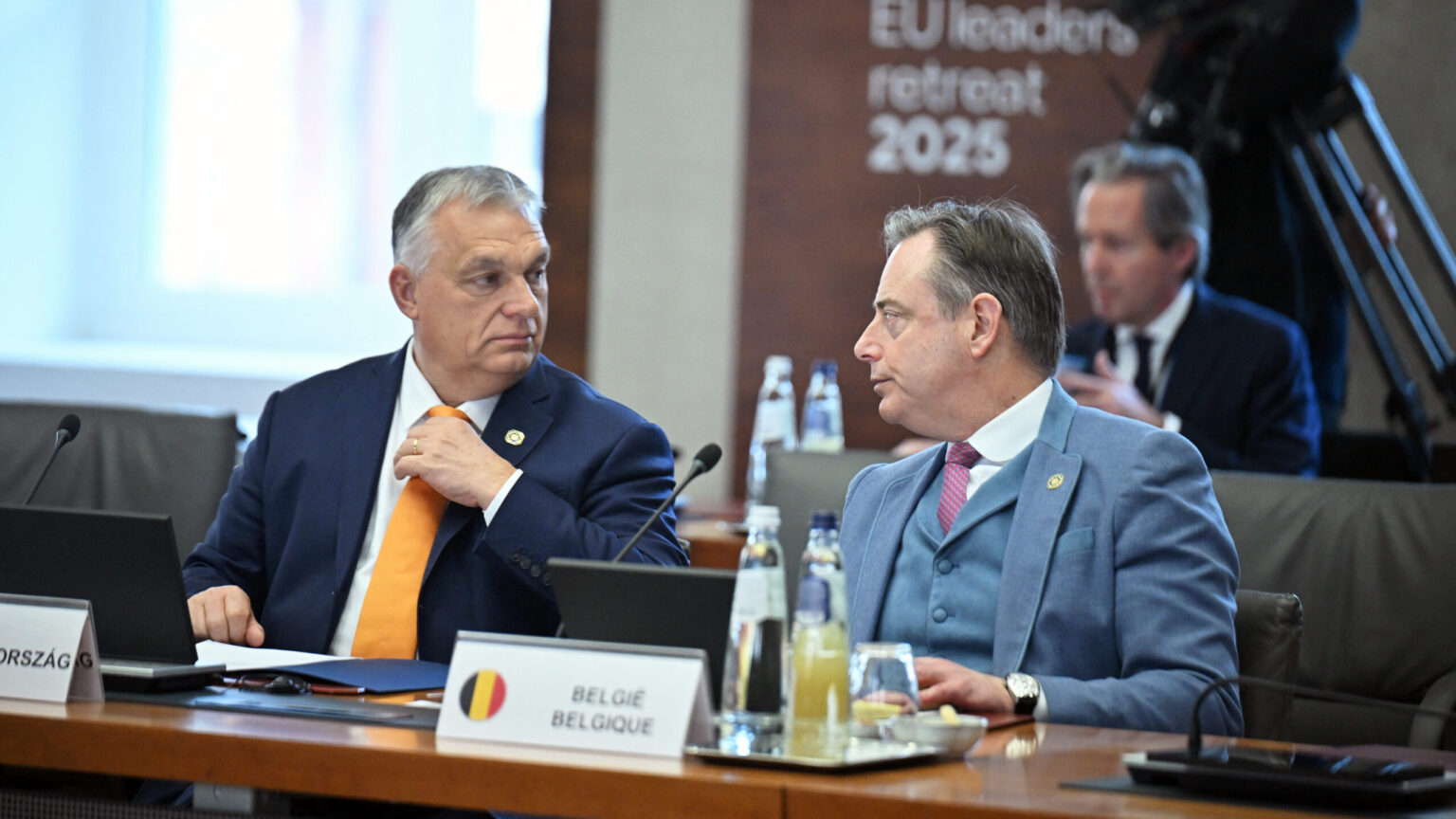
POLITICO Brussels reports that Belgium may soon be treated like Hungary—isolated, ignored and punished—simply for refusing Ursula von der Leyen’s EUR 165 billion Ukraine loan scheme. The message is unmistakable: in today’s EU, disagreement is no longer tolerated, and the system is shifting toward open coercion.
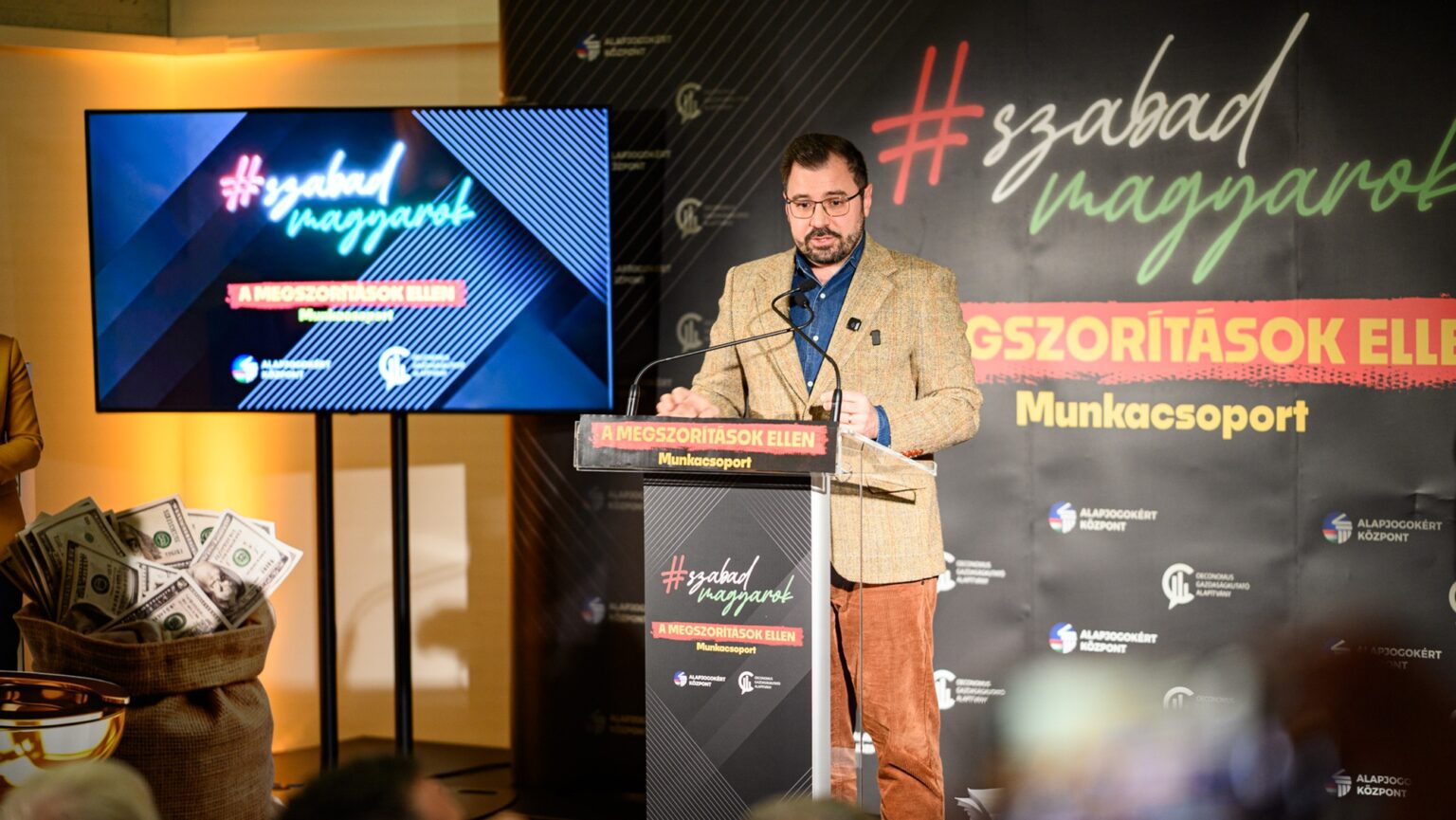
Responding to the Tisza Party’s leaked economic programme proposing tax hikes and austerity measures, the Center for Fundamental Rights and the Oeconomus Economic Research Foundation launched the #FreeHungariansAgainstAusterity task force. At the kick-off event, experts stressed the sharp contrast between Fidesz’s economic policy and the opposition’s plans.

‘Some argue, however, that the EU’s “solidarity” pool is nothing but a punishment for those countries that handled migration well over the years.’
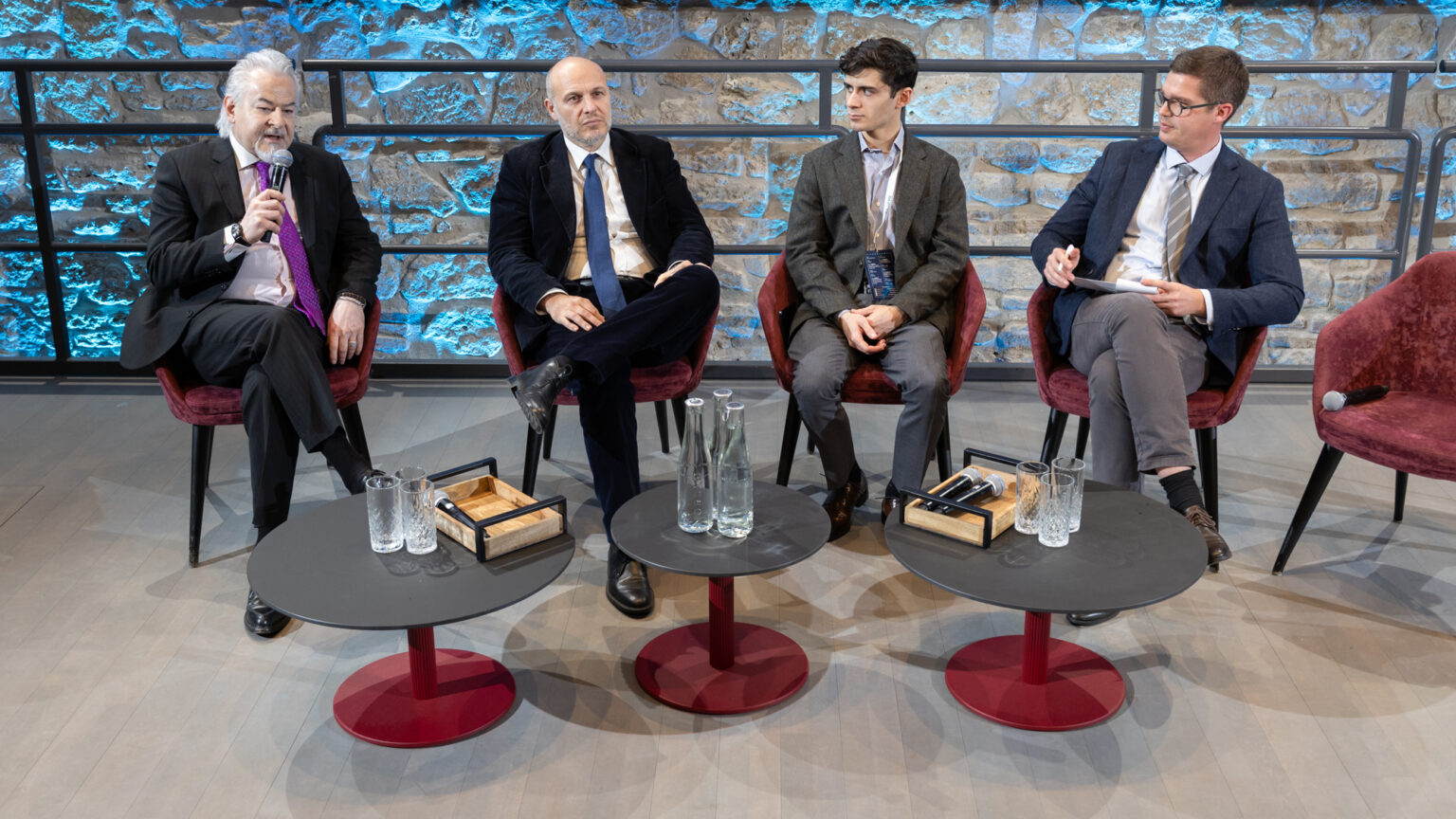
Central Asia’s growing role in global critical-mineral supply chains was discussed at the launch of the Danube Institute’s Turkic–Western Engagement Initiative, where experts highlighted the Middle Corridor’s rise, China’s tightening grip on strategic resources, and Hungary’s opportunity to shape Western engagement.

The EU has spent the past decade dismissing Hungary’s warnings about migration and sovereignty. Now Washington under Trump is sounding the same alarm, urging Europe to stop its downward spiral—but Brussels responds with indignation instead of introspection, accelerating its decline.

The Sex Pistols will bring their 50 Years of Punk anniversary tour to Budapest next summer. Joined by vocalist Frank Carter, the legendary band will perform on 20 July 2026, at Budapest Park, with fellow punk pioneers The Damned as special guests.

President Santiago Peña, a member of the conservative Colorado Party, became the first incumbent Paraguayan President to visit Hungary in 30 years. He has met with Prime Minister Viktor Orbán, President Tamás Sulyok, and House Speaker László Kövér of Hungary as well.
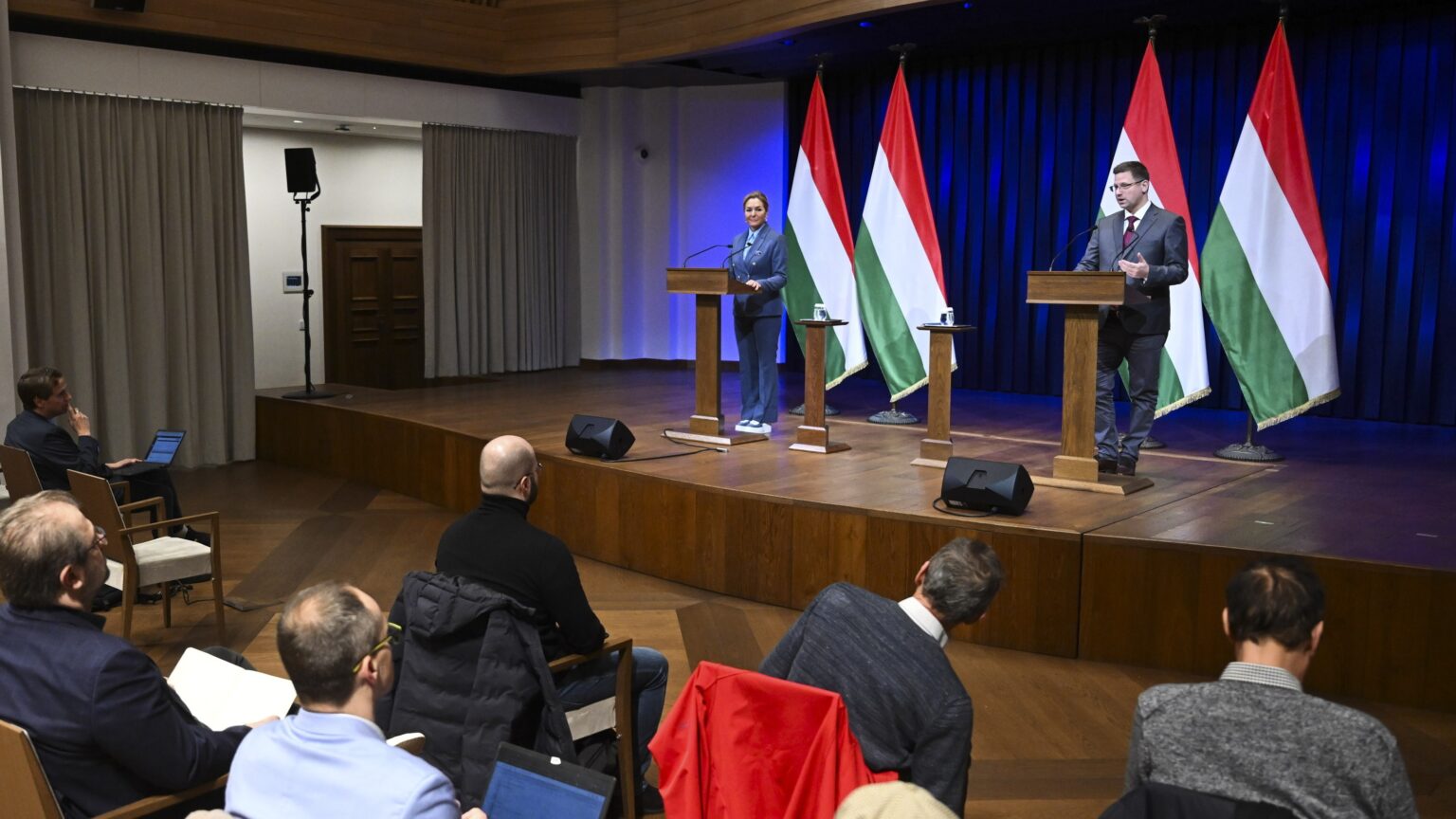
Hungary will challenge EU migration and energy decisions while launching a new solar storage programme and major infrastructure projects, Minister Gergely Gulyás announced following Tuesday’s cabinet meeting, which focused on economic and EU-related issues.
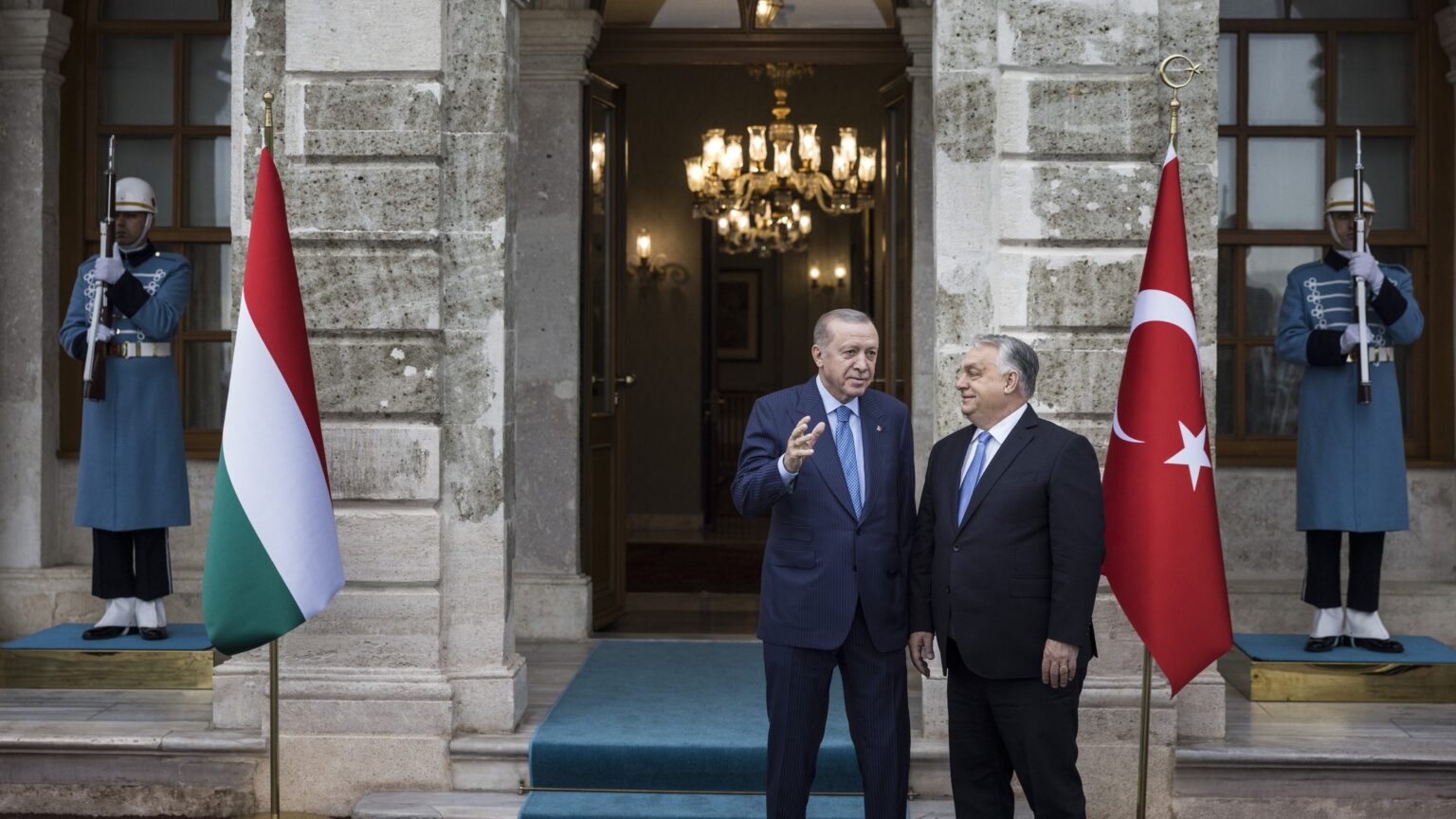
‘As part of the high-level meetings, Hungary and Türkiye also convened the first-ever session of the Hungarian–Turkish Consultation Mechanism, bringing together the foreign ministers, defence ministers and national security officials of both countries—a format Türkiye reserves only for its closest partners.’

Hungarian IT giant 4iG has acquired a 90 per cent stake in Mobil Adat, a key player in managed data transmission services. The move strengthens 4iG’s position in IoT and data communications, expanding its digital infrastructure ecosystem across the region.

‘If the countries of Europe truly fear abandonment by the United States, they should first and foremost invest in their own security.’

MCC held its eighth Carpathian Basin Education Conference under the theme The Key Figure of the Future: the Teacher, examining the transformation of education and marking ten years of the Young Talent Programme, now one of the institution’s flagship initiatives.

The first BYD production equipment has arrived in Szeged, Hungary, with trial manufacturing set for Q1 2026 and full production in Q2, the Chinese automotive industry news site CarNewsChina.com reported.